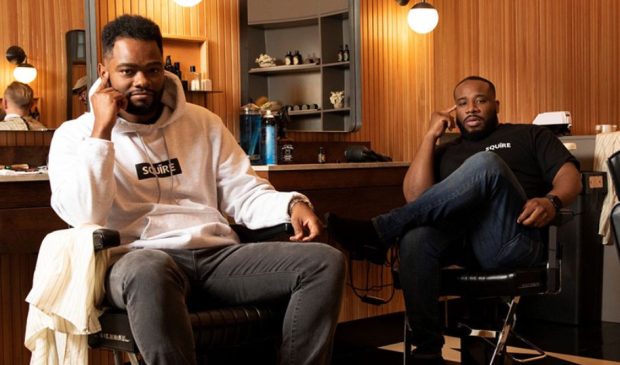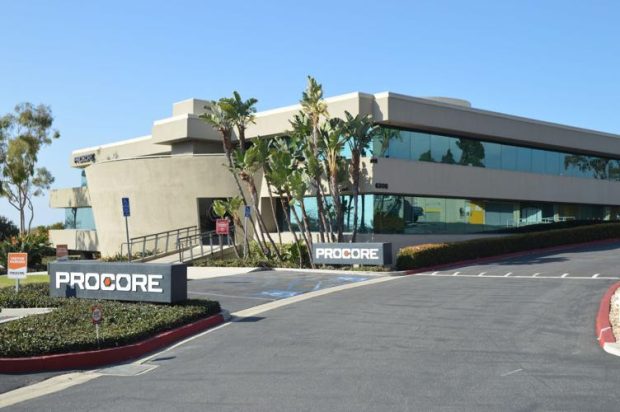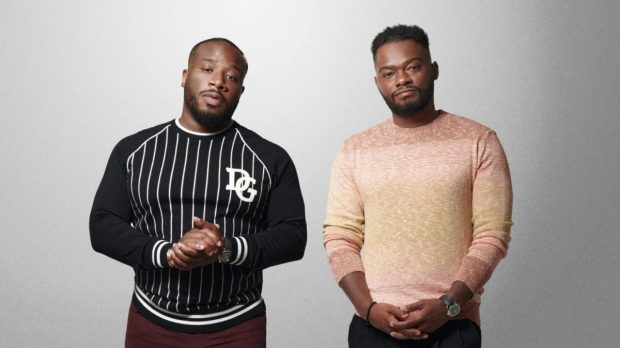
In 2015, corporate lawyer Songe LaRon and financier Dave Salvant decided to revolutionize the hair salon industry by establishing Squire Technologies. After investing a few hundred dollars in hiring a graffiti artist to create “Download Squire” signs on the streets of Manhattan, they embarked on their journey in the hair appointment service sector.
With no prior experience in the barbershop business, LaRon and Salvant faced challenges as only about 50 barbers across a few salons initially used their app. In 2016, they took a bold step by spending $20,000 to acquire a struggling barbershop in Chelsea Market, Manhattan. This served as an experimental laboratory for further software development.
Despite not holding a barber’s license (required in New York), LaRon and Salvant immersed themselves in every aspect of running a barbershop, from managing the front desk to cleaning and customer interactions. This intensive experience taught them the intricacies of operating a barbershop. They realized that Squire needed to be a comprehensive tool addressing various small business challenges rather than just a scheduling application.
READ: How to Protect Your Home in New York or Toronto: Women Who Improved the Urban Environment
Today, Squire, headquartered in New York, extends its software and services to over 2,800 barbershops in the United States, Canada, and the United Kingdom. Monthly subscriptions ranging from $100 to $250, along with additional fees, grant access to a plethora of tools, including automated check accounting, tip distribution, and payment processing.
Squire goes beyond basic booking and billing functions to assist hairdressers in efficiently managing their businesses. The system automates tip payouts, oversees chair rentals, and even explores options for financial services such as debit cards and supply distribution.

Squire isn’t the only company recognizing the potential of collaborations with American barbershops. According to IBISWorld, there are 109,000 barbershops in the country. Squire’s competitors include Los Angeles-based Boulevard, San Francisco-based Booksy, and Booker, now owned by Mindbody. However, Squire’s focus on analytics and economics helps build brand loyalty.
According to IBISWorld, there are 109,000 barbershops in the country.
Barbershops face various challenges, from managing supplies to dealing with employee theft and canceled appointments. Peter Gosling, the owner of Glassbox Barbershop, mentioned that ever since he started using Squire four years ago, he hasn’t faced any issues. The service not only streamlines the booking process but also provides analytics for effective business management.
LaRon and Salvant, without prior experience in the hairdressing business, founded Squire Technologies in 2015. They aim to provide innovative solutions to barbershops, akin to how squires serve their knights. Their approach to business development has gained widespread support from barbershop owners.

The purchase of the barbershop wasn’t just a step toward understanding the business for Squire Technologies; it also brought unexpected benefits. While working the front desk on his day off, Salvant noticed a customer with a Facebook corporate email account—Blake Chandley, then vice president of global business and now TikTok’s vice president of global business solutions. After asking his opinion about the service, Salvant received a positive response.
READ: Bur Dubai: One of the Most Interesting and Ultra-Modern Neighborhoods in Dubai
Getting into the Y Combinator accelerator wasn’t easy. After two rejections, they were accepted into the Y Combinator fellowship program in 2016 and then into the regular program. The stereotypes and prejudices of venture capitalists targeting the African-American market were difficult to overcome. The service started with ads featuring a white, hipster barbershop to combat stereotypes. However, after feedback, they abandoned this approach.
The pandemic had a major impact on barbershops, but Squire was lucky to close a funding round in March 2020, just days before the lockdown. Eliminating subscription fees and introducing contactless options have helped barbershops survive. For many salon owners, Squire has become not only a tool for effective business management but also a reliable partner in times of crisis.
Like us on Facebook for more stories like this: